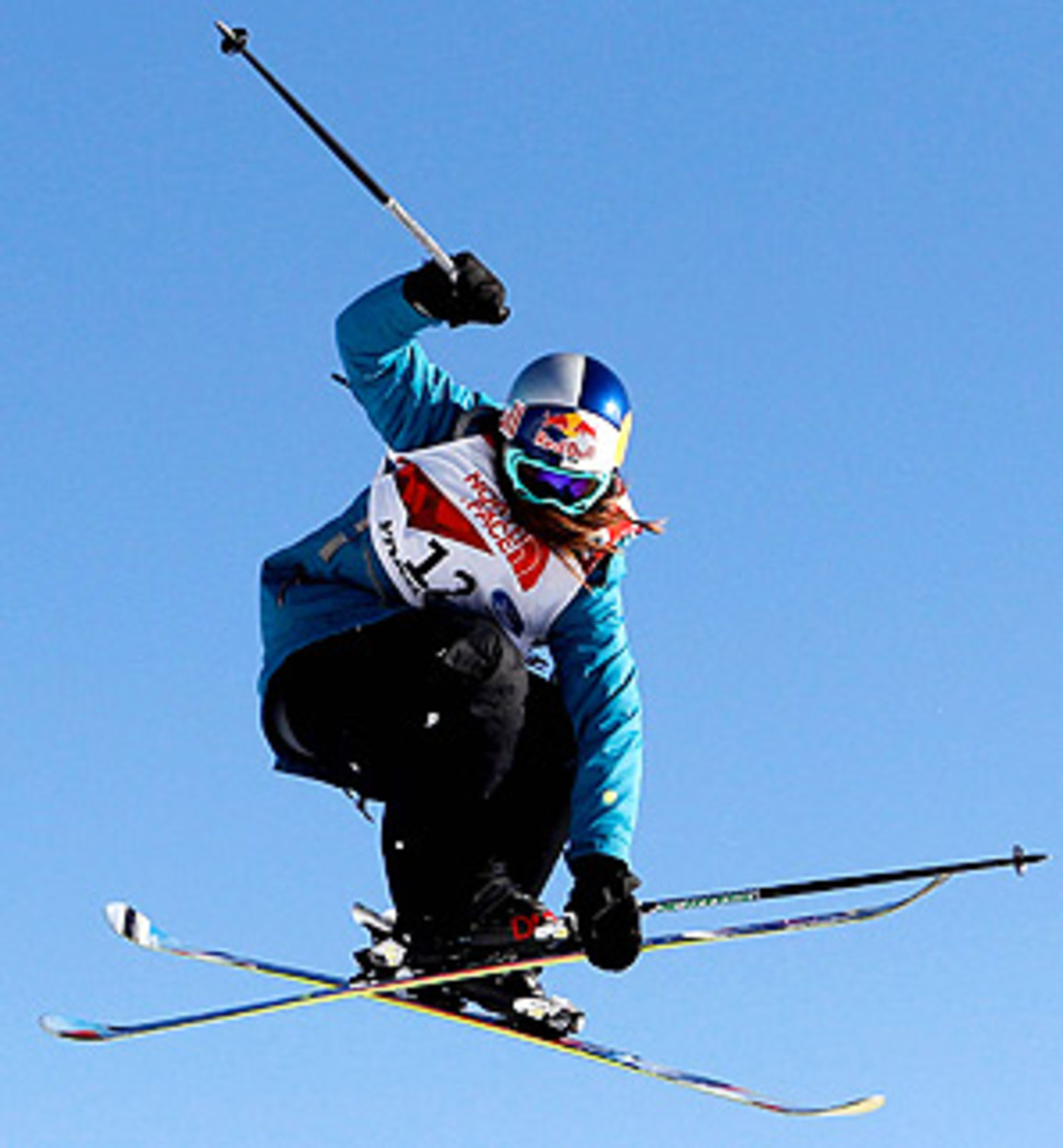
Freestyle skier Kaya Turski getting back into the groove
The piercing headaches hardly ever gave freestyle skier Kaya Turski as much as a moment's peace.
For nearly a year, Turski, one of the most decorated slopestyle skiers in the world, simply learned to cope with the constant ache as everyone offered advice: Drink more coffee, take more aspirin or just stop skiing.
At wit's end, Turski went to see a noted spine specialist. Turns out, the pain radiating from behind her eyes stemmed from scar tissue at the base of her neck and she underwent surgery last month to release a compressed nerve.
Finally free of those draining headaches, the freeskier returns to competition this weekend at the Dew Tour stop in Breckenridge, Colo.
Her heavy heart? Well, that will take more time to mend.
It's been almost a year since Turski lost good friend and mentor Sarah Burke, who died following a fall while training in the superpipe at Park City, Utah. Every run down the mountain Turski takes - and will take - is in tribute to Burke.
"Losing Sarah was such a crush to the whole world of freeskiing," said the 24-year-old Turski, who's from Montreal. "She was one of the most inspiring people I've ever met. I don't know anyone who wasn't touched by her. I know I do what I do because she helped me believe in myself."
Burke, who was 29 when she died, was so dominant that she helped push her discipline of superpipe skiing into the Olympics, where it will debut - along with Turski's slopestyle event - at the 2014 Sochi Games.
"When you do this sport, you know things can go wrong," Turski said. "You train hard and as smart as you can. You have to be willing to take risks. We're all a little crazy that way - we love what we do and accept those risks."
Her headaches, though, were a different matter.
They began nearly 15 months ago and gradually got worse, making it hard to fully concentrate on the course.
And that's quite risky. In slopestyle, skiers do tricks down the slope and maneuver through "features" - rails, big jumps and bumps.
"I could still function, but I was sluggish," said Turski, who won her third straight gold medal in skier slopestyle at the Winter X Games last January. "It was a real hindrance."
She's not really sure how the scar tissue built up. It might have been from where her helmet constantly strikes the back of her neck.
Turski has never really had any major trauma - to her head, anyway.
She did have one memorable crash.
During the 2006 Icer Air competition at Giants baseball stadium in San Francisco, Turski was attempting a trick off a custom-made 100-foot ramp, which was lined with tons of imported snow. Only, she under-rotated and landed backward.
As she tried to recover, Turski veered into the steps on the side of the course and rolled all the way down, catching a board near the end and crashing hard.
To this day, she doesn't like to watch the footage, which garnered quite a few hits on Youtube.
"I don't need to see it. I lived it," Turski said. "That made me a more calculated skier, so I guess it wasn't all bad."
As an athlete under the Red Bull umbrella, she was introduced to spine surgeon Dr. Robert S. Bray Jr., who provides medical services to the team sponsored by the energy drink company. Bray performed surgery to free the nerve from scar tissue.
The headaches steadily began to subside.
"I've seen quite a few people about these headaches and so many people discounted it or said, `It's just headaches,"' Turski said. "I was getting kind of desperate. I was just hoping it could be cured.
"I'm already feeling better. I'm getting back in the groove."





